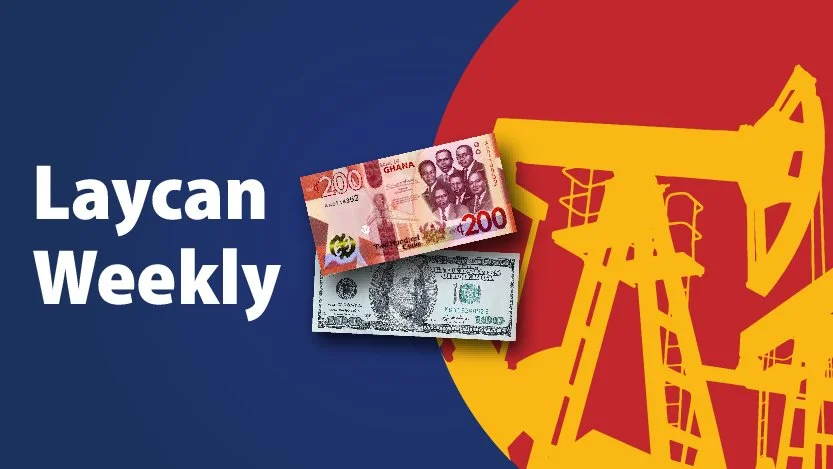Receipts, Rigs, and Real Reform-July 13-18, 2025
"Let us begin where politics, power, and economics converge — at the pump. Ghana, one of Africa’s most closely watched energy economies, has moved decisively this week. Not with press releases, but with contracts, levies, revoked perks, and a bold recalibration of energy governance. This was not policymaking for optics. It was fiscal realism in action."
Ghana secured a new gas supply agreement with Eni that delivers 30 million cubic feet daily for domestic generation. In a region where fuel imports exert heavy pressure on reserves and tariffs, this deal is far more than volumetric arithmetic. It signals a structural pivot toward cost containment, forex savings, and tariff stability. Ghana is redrawing its energy mix in real time, and it is doing so with hard contracts, not aspirational headlines.
The same week, Parliament passed an Energy Sector Levy amendment, introducing a one cedi per litre charge on fuel. The objective is clear: use the levy to plug legacy energy debts and restore sector solvency. Expected revenues exceed 5.7 billion cedis annually. Normally, such a move would court political backlash. But the government added a disarming twist — the cancellation of fuel allowances for ministers, MPs, and top public servants.
In a country where official fuel perks have long been sacrosanct, this move struck a deep symbolic chord. It reframed the new levy not as a burden imposed on the public, but as a shared sacrifice across the state machinery. For citizens under economic strain, the optics matter. For investors and multilateral lenders, the message is even clearer. Ghana is serious about structural reform, even when it hurts.
The upstream oil sector also gained fresh momentum. Ghana’s Jubilee and TEN oil fields are set to receive over two billion dollars in new investment. Production has been extended through 2040, with plans for up to 20 additional wells. At a time when global majors are scaling down fossil fuel portfolios, Ghana is leaning in — not as a bet against the energy transition, but as a calculated decision to harness remaining value while diversifying its base.
Beyond Ghana, the broader African energy narrative remains both volatile and revealing. The World Bank raised red flags about Ghana’s growing gas-related debt, urging prudence in financing strategies. In Libya, the IMF pressed for the removal of fuel subsidies, warning of unsustainable fiscal drag. Nigeria continues to wrestle with the fallout of subsidy removal as inflation and unrest simmer beneath the surface. At the continental level, the African Union Commission on Energy and Climate presented a draft framework for a just energy transition. The emphasis was unmistakable — equity, access, and national sovereignty must guide Africa’s path forward.
Globally, oil markets held steady despite geopolitical tremors. Brent hovered near 70 dollars per barrel. Summer demand remained robust. Refinery spare capacity stayed tight. The IEA warned of persistent low inventories for key refined products. Even with OPEC plus monitoring supply carefully and the US toying with tariff signals, the physical market remained under strain. This is no longer an era of excess. It is one of just-in-time supply and strategic anxiety.
This week’s developments offered a powerful lesson. Energy policy today is less about climate posturing and more about budget management, energy access, and political legitimacy. In Ghana’s case, receipts, rigs, and revoked privileges came together in a rare alignment of courage and competence.
Energy transition in Africa is not an abstract PowerPoint idea. It is a negotiation between priorities — debt and growth, equity and efficiency, subsidy and sustainability. And this week, Ghana did something few governments manage to do. It aligned politics with policy, and policy with principle.
That is the real fuel behind reform.

